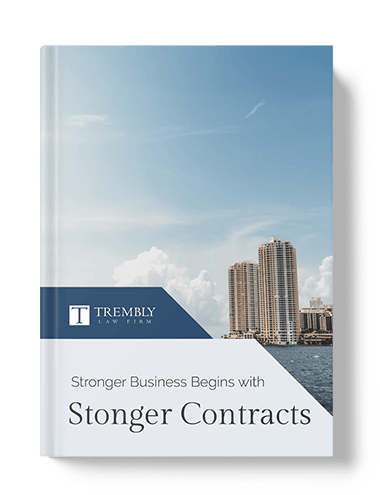If you incorporate as a business in Florida, one of the things you must do in order to keep your corporation valid (and to avoid personal liability for the company) is to meet with your shareholders. Shareholder meetings are often perceived as giant and almost ostentatious affairs with large ballrooms filled with eager shareholders. Luckily for you, this is the exception, not the rule, for how shareholder meetings actually take place. Here’s what you need to know.
1) You are required to have at least one a year. Most states require corporations with shareholders to have meetings with those shareholders at least once a year. The purpose of this meeting is to allow shareholders to have a chance to look at the books and question the management about their leadership of the corporation. It is also the time to elect new directors and take care of any other corporate business that requires shareholder approval. This is true for large multinational corporations as well as mom and pop S-corps with Uncle Norman and Aunt Sally as shareholders.
2) The meeting must be valid for it to count. The reason this is so important—besides giving shareholders a legitimate chance to peek under the hood of the corporation—is that most states will consider a corporation that pays only lip service to this and other rules to be a shell or sham corporation. If this is true, courts will not allow directors to hide behind the legal protections of the corporation structure. Meaning, the creditors of the company will be allowed to “pierce the corporate veil” or, go directly after the directors’ personal liability. When the directors do not hold annual meetings or do not follow the requirements for making shareholder meetings legitimate, they are actually increasing their personal liability.
3) You must give proper notice of the meeting. If you do not give shareholders proper and advanced notification of the meeting, they will likely miss it. This is why the regulations governing corporations require that you give adequate individual notice of annual meetings to all shareholders. The notification must be in writing and mailed to the individual with the time, date, and location of the meeting along with information on the minimum number of shareholders required to be at the meeting to be able to constitute a legitimate meeting. If shareholders are allowed to designate a proxy for their vote or can participate in the meeting via other means, that should also be spelled out in the notice.
4) Consult the corporation’s bylaws or articles to determine voting rights and requirements. The issues of how shareholders will vote (written ballot, oral vote, etc.) and the number of votes allocated to each shareholder should be outlined in the corporation’s articles or bylaws. At a bare minimum, the bylaws should indicate how many shareholders are required to be present to vote to constitute a quorum.
5) Keep minutes. This does not mean to watch the clock tick away as you and Aunt Sally watch the news in the conference room. This means the director or person designated as secretary takes notes of the meeting to create a thorough and complete record of the meeting. The minutes should include who attended, when the meeting was called to order, the agenda, the votes taken, how the votes turned out, and when the meeting adjourned.
The good news is that shareholder meetings do not need to be elaborate or complicated affairs. The best place to start to find out how to hold straightforward and legitimate shareholder meetings is to have knowledgeable corporate counsel guide you through the steps. The legal team at Trembly Law is ready to help you with yours, as well as many other legal issues related to corporate structure and governance. Contact us at (305) 431-5678 today to get started.

















